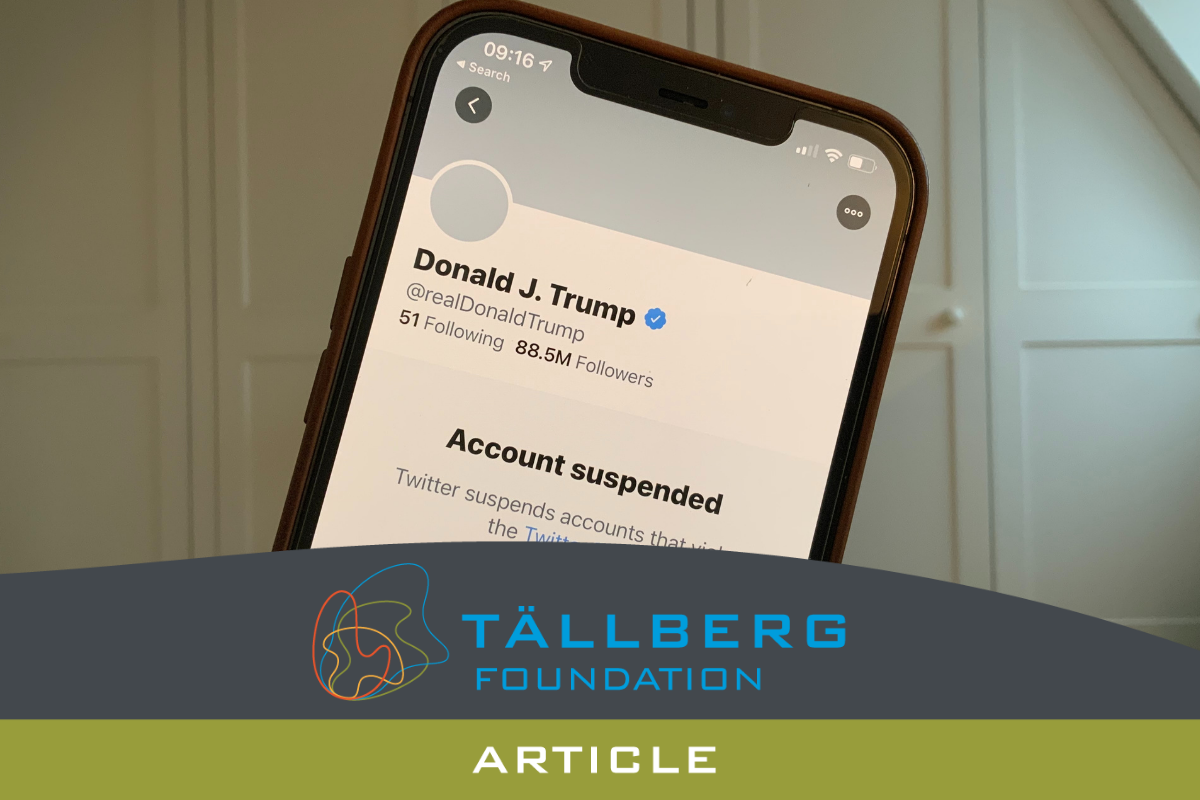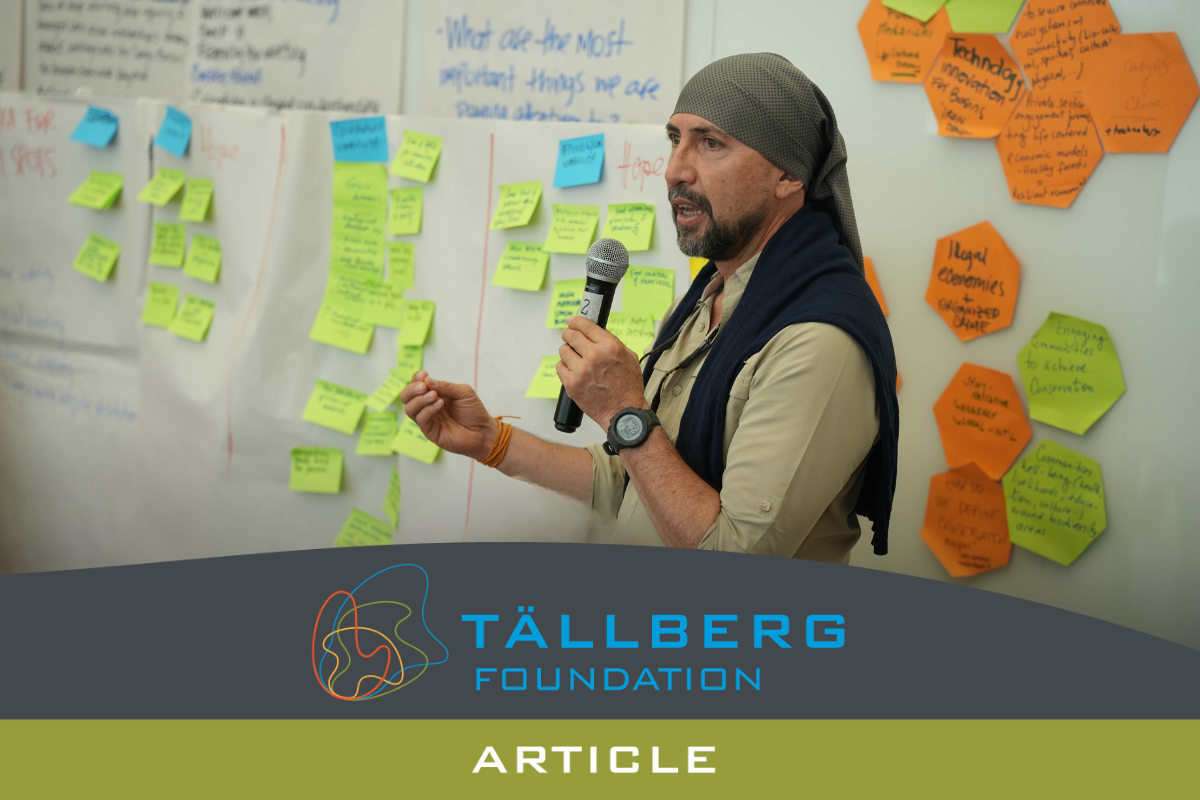“Free speech is counterintuitive…That’s why we have it as part of the Bill of Rights. We have to have courts that stop the government and the society from doing what they’re inclined to do. It’s more natural to suppress free speech than it is to protect free speech. This has been true forever and will always continue to be true. There’s always a need to counter the impulse to censor.”
— Lee C. Bollinger
One of the many lingering consequences of the pandemic is that so much of modern life, literally around the world, has gone online. Social media has become the lifeblood of politics, entertainment, education, dating, health care—of human interaction almost everywhere. And that means the role of government—to regulate, to censor, to listen, to gather data—urgently needs to be reconsidered.
“You have this unbelievable form of communication that has these qualities that we’ve never had before in human existence. I think that caught governments flat footed,” observes Lee C. Bollinger, President of Columbia University and one of America’s leading thinkers about and advocates for free speech. “And many governments found this very threatening; many governments found this undermining of their own power, their own authority….If you’re an authoritarian-minded ruler, and your citizens can now have access to communications, not only between themselves, among themselves, but from people all over the world, you’re going to be alarmed.”
Bollinger stresses how new the Internet and social media are; although we tend to think of our online world as the natural order of things, the world wide web only dates from the early nineties and Facebook from shortly after the turn of the century. “From an ideal free speech standpoint, the marketplace of ideas is now no longer controlled by a group of owners of newspapers and broadcast stations. Now anybody can communicate. So from that perspective, it’s good.”
The problem, of course, is that the borderless, ubiquitous nature of the platform allows—perhaps encourages—abuse. “Can social media be regulated by the state in order to stop the spread of misinformation, stop foreign interference in our public discussions of public issues, stop the incitement of hatred, stop the echo chamber effect, stop the censoring by social media platforms of speech that contravene their particular policies? What is the role of the government?” asks Bollinger.
Bollinger approaches these questions as a legal scholar, expert and widely published author on the U.S. practice of freedom of speech. He points out that, although the American right to freedom of speech dates to the Bill of Rights, ratified in the late 18th century, the most important legal cases that defined what that right actually means have been decided in the last century and, indeed, mostly within the last 50 years. On the one hand, he says, the US Supreme Court “would not allow the government…to intervene and to regulate what would be published in a newspaper.” On the other hand, when it came to television, the United States established a system “requiring broadcasters to have to publish or air other points of view…not allowing the government to censor, but to intervene.”
Do either of those models fit the reality of today’s social media? Hands off vs. intervention? Or is the new technology so different that some other approach is needed?
As Bollinger summarizes the issue it’s about the power of good vs bad. “The question now is do we believe that completely unregulated speech on the social media platforms and the Internet will, the way that it’s structured, really result in a good outcome because good speech can counter bad speech? If not, how far are we prepared to go to remedy that situation?”
Of course, this is not just a U.S. issue, because the technology is global, as are some of the tech companies. Different countries and cultures have different answers. For example, Europe has a tradition of banning speech that governments deem harmful, especially hate speech. At the extreme is China, where government control (or, at least, attempts at control) of speech in the name of the collective good is absolute; indeed, the Chinese argue that the cacophony of speech that characterizes America today is a source of profound, perhaps fatal weakness. Bollinger, of course, rejects that argument, insisting that ideas about the “openness of thought, openness of speech and communication” are common across cultures and history. His theory of the case: “By allowing a vast openness of speech, we will be able to correct for problems by having good speech counter bad speech.”
Moreover, he sees the beginning of the development of global norms to protect freedom of expression based on the Universal Declaration of Human Rights and other agreements, all of which have more in common with U.S. traditions and preferences than Chinese ones. He describes “communication among courts, judicial systems, and even regional courts that are beginning to develop this idea of freedom of speech” across Europe, the Americas, Africa and elsewhere. He argues that this process of globalization is likely to continue and intensify.
Bollinger is too much the global diplomat to say so bluntly, but he clearly believes America, not China, is on the right side of history when it comes not just to accepting, but to championing free speech. He deeply believes that “the force of the desire to communicate, the desire to know, to learn and to understand” is too powerful ever to be completely stopped.
Nonetheless, the challenges of technological change need to be addressed. “Are we on the wrong track because the Internet has now magnified the harms and the costs of hate speech to such a degree that we need to…allow greater regulation?” Simply put, “The question is—for the United States and for other countries—will we change our notions of freedom of speech and press, our doctrines, our principles, our laws, because the dangers of speech on social media platforms have become too great?”
Bollinger is consistent: he wants a robust, open debate about that question. That will be a debate that he will help frame and probably help resolve.
Let us know what YOU think and leave your comment below.
Lee C. Bollinger recently spoke with Alan Stoga as part of the Tällberg Foundation’s “New Thinking for a New World” podcast series. Hear their whole conversation here or find us on a podcast platform of your choice (Apple Podcast, Spotify, Acast, Stitcher, Libsyn, etc).
ABOUT OUR GUEST
 Lee C. Bollinger became Columbia University’s 19th president in 2002 and is the longest serving Ivy League president. He is Columbia’s first Seth Low Professor of the University, a member of the Law School faculty, and one of the nation’s foremost First Amendment scholars. Bollinger is the author or co-editor of numerous books on freedom of speech and press, including National Security, Leaks and Freedom of Expression (2021), Regardless of Frontiers: Global Freedom of Expression in a Troubled World (2021), and The Free Speech Century (2018).
Lee C. Bollinger became Columbia University’s 19th president in 2002 and is the longest serving Ivy League president. He is Columbia’s first Seth Low Professor of the University, a member of the Law School faculty, and one of the nation’s foremost First Amendment scholars. Bollinger is the author or co-editor of numerous books on freedom of speech and press, including National Security, Leaks and Freedom of Expression (2021), Regardless of Frontiers: Global Freedom of Expression in a Troubled World (2021), and The Free Speech Century (2018).
President Bollinger is a member of the Pulitzer Prize Board and a co-founder of the Knight First Amendment Institute at Columbia University, a center devoted to defending speech and press freedoms in the digital age through litigation, scholarship, and public education. In 2014, he established Columbia Global Freedom of Expression, a project that brings together experts and activists with faculty and students to advance understanding of international norms that protect expression and the free flow of information.
In 2017, Bollinger founded Columbia World Projects, an initiative that mobilizes the University’s researchers and scholars to work with governments, organizations, businesses, and communities to tackle global challenges. In 2020 he announced the University’s commitment to becoming carbon neutral by 2050, and in 2021 he launched the Columbia Climate School, the first new school at the University in 25 years.
Bollinger served as president of the University of Michigan from 1996 to 2002 and led the school’s historic litigation in Grutter v. Bollinger and Gratz v. Bollinger, Supreme Court decisions reasserting that diversity is a compelling justification for affirmative action in higher education. A fellow of the American Academy of Arts and Sciences and the American Philosophical Society, Bollinger is also the recipient of multiple honorary degrees from universities in the United States and abroad.





مساء الخير
شكرا جزيلا على المراسلة
حرية التعبير عبر شبكة التواصل الاجتماعي تتطلب ” مجتمع معرفي ” ثقافة ، اخلاق ، آداب ، دولة الانسان المحترم ثم دوة القانون و المؤسسات يكون الانسان في المجتمع يشعر انه انسان و بناء انسان ، اضافة الى وجود الانظمة القضائية في كل المجالات الثواب و العقاب ، هكذا يمكن التواصل الاجتماعي و نجاح الامر
لكن ان لم يوجد هذه الأسس فمن الصعوبة جدا التواصل الاجتماعي بادب و نجاح و قانون
شكرا احترامي الاستاذة فاطمة أحمد الثني ماجستير علوم سياسية جامعة طرابلس – دولة ليبيا